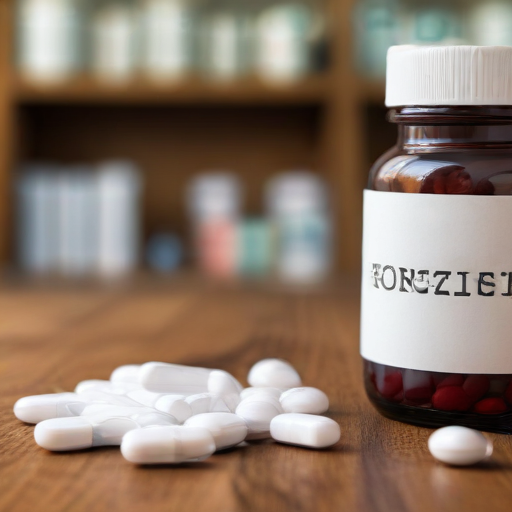A recent report released by the House Committee on Oversight and Accountability has revealed concerning practices by pharmacy-benefit managers (PBMs), suggesting they are directing patients toward higher-priced medications while restricting their access to more affordable options. This findings come after a thorough 32-month investigation, which included a hearing featuring top executives from the country’s largest PBMs.
PBMs serve as intermediaries for health insurers, overseeing prescription drug plans by negotiating prices with pharmaceutical companies. They also regulate the out-of-pocket expenses that patients incur. The three largest PBMs in the U.S.—Express Scripts, OptumRx, and Caremark—account for around 80% of all prescriptions written in the country.
The committee’s report highlights that PBMs often compile lists of preferred medications that favor costly brand-name drugs instead of more economical alternatives. For instance, the report mentions internal communications from Cigna that advised against the use of cheaper substitutes for Humira, a medication for arthritis and autoimmune disorders that had an annual cost of $90,000, despite the availability of a biosimilar at half the price.
Additionally, the investigation points out that Express Scripts has informed patients they would incur higher costs if they filled prescriptions at their local pharmacies than if they obtained a supply through its affiliated mail-order pharmacy. Such practices limit patient choices regarding where to obtain their medications.
Similar concerns were echoed in a recent interim report by the U.S. Federal Trade Commission (FTC), which indicated that rising concentration among PBMs has led the top six firms to dominate nearly 95% of the U.S. prescription market. The FTC noted that this consolidation gives PBMs considerable control over patients’ access to affordable medications and fosters a landscape where conflicts of interest could elevate costs by favoring their own businesses over independent pharmacies.
FTC Chair Lina M. Khan emphasized the significant financial burden placed on patients, particularly for critical medications like cancer treatments, suggesting that PBMs have generated over $1 billion in excess revenue through these means.
While this report sheds light on troubling trends within the PBM industry, it might serve as a catalyst for regulatory reforms aimed at increasing transparency and creating a more equitable system for patients. As stakeholders respond to these findings, there remains hope for improved access and affordability in the prescription drug market, ultimately benefiting patients and ensuring they receive the medications they need without incurring prohibitive costs.
